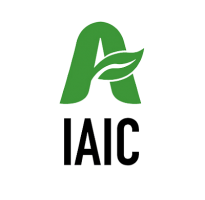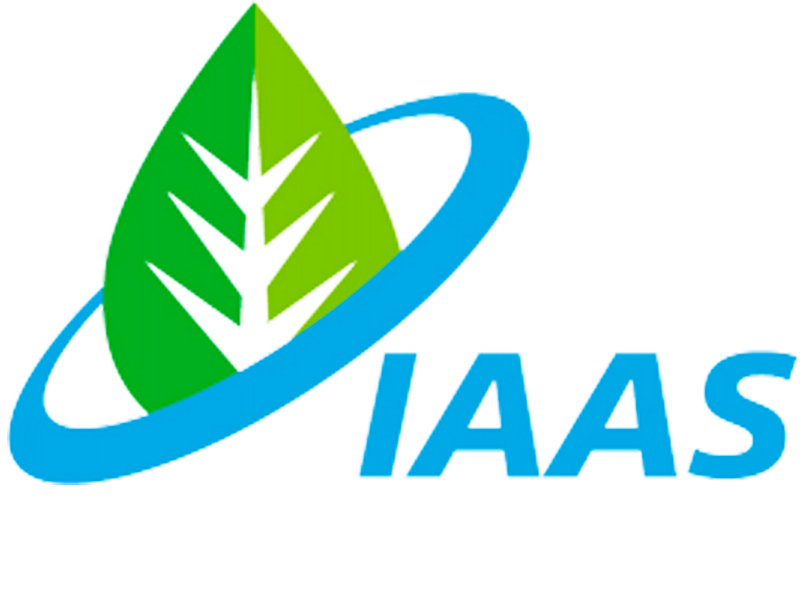
Link to: IAIC Proceeding
Proceeding of International Agriculture Innovation Conference
A publication of the International Association for Agricultural Sustainability (IAAS)

A publication of the International Association for Agricultural Sustainability (IAAS)
Onwunali, M. R. O., Mabagala, R. B., Deogracious, P. M.
2020 volume 1 ︱pages140–155(2020)
Detection of DNA sequence polymorphism of 20 isolates of Exserohilum turcicum were screened by PCR using sequence information from specific molecular marker (5ʹ-ʹTGTGTGTGTGTGTGTGTGTGT-3ʹ, 5ʹ-ATAAGACGGCCAACACCAAG-3ʹ) forward and reverse, targeting the Internal transcribed spacer 1 and 2 (ITS) of the 5.8S ribosomal RNA gene to determine genetic variation of the pathogen in Tanzania. Of the 20 isolates that showed positive detection of DNA, 14 indicated positive PCR products and were purified using DNA Clean and Concentrator (Zymo Research Company Kit), BLAST, sequenced (GenBank accession numbers; MT124699, MT123700, MT123701, MT123702. MT123703, MT123704, MT123705, MT123706, MT123707, MT123708, MT123709, MT123710, MT123711 and MT123712) and recorded in FASTA in Ohio State University, USA. A dendogram based on DNA profile of the strains showed four major clusters, with identity of 98-100 % after BLAST and similarity range of 69.4 to 98.9 %. The aligned consensus sequence generated 286 nucleotides which were 100 % in complete sequence with published sequences while multiple aligned sequences with four other published sequences gave good consistency with few insertion and deletion (INDEL), indicating differences among the strains. The study suggested possibility of sexual recombination, asexual and sexual reproduction, and or co-existence of compatible mating types and recommended further work on the genetic diversity of maize derived E. turcicum strains, as this is the first report in Tanzania.
Exserohilum turcicum, strains, genetic variation, specific marker, nucleotides
Department of Agricultural Education, Federal College of Education, Nigeria
Onwunali, M. R. O.
Department of Crop Science and Horticulture, College of Agriculture, Sokoine University of Agriculture, Tanzania
Mabagala, R. B.
Department of Plant Pathology, the Ohio State University, USA
Deogracious, P. M.
